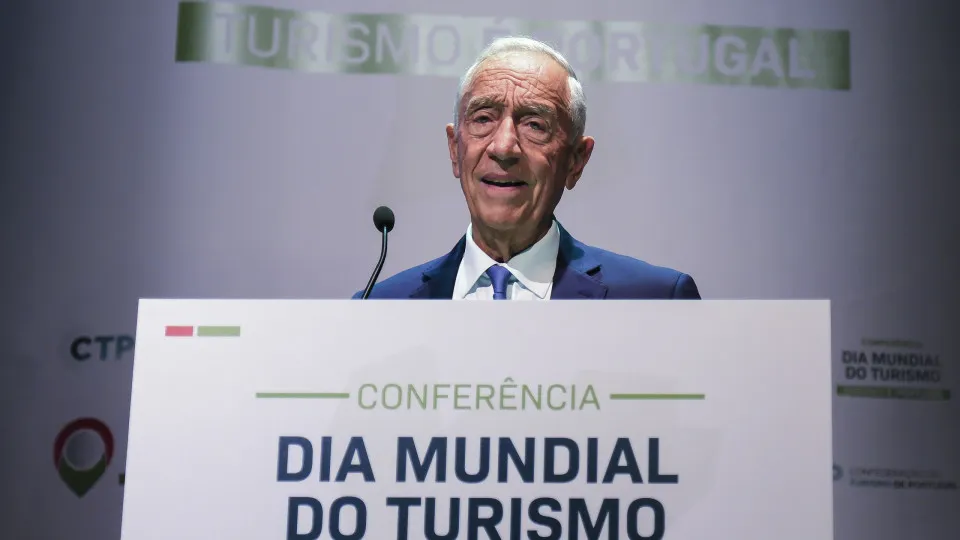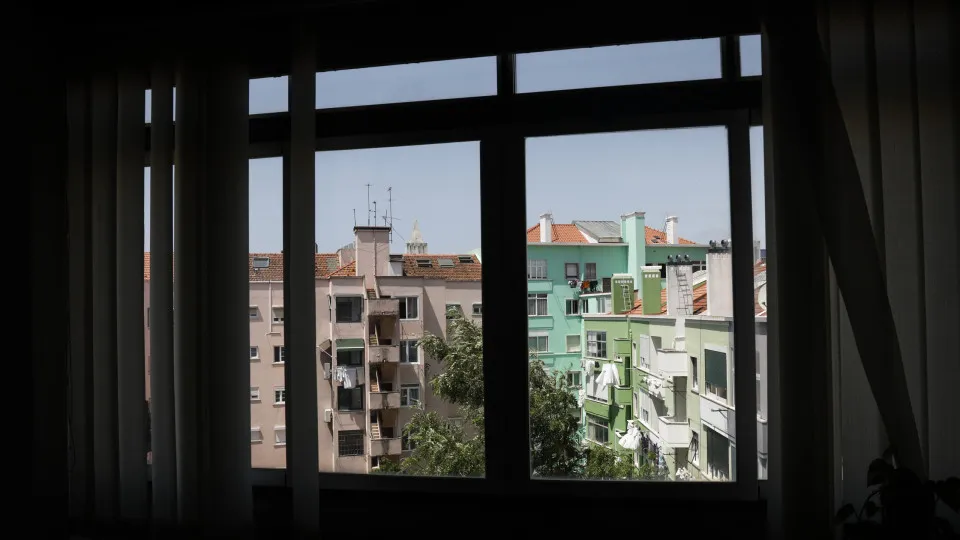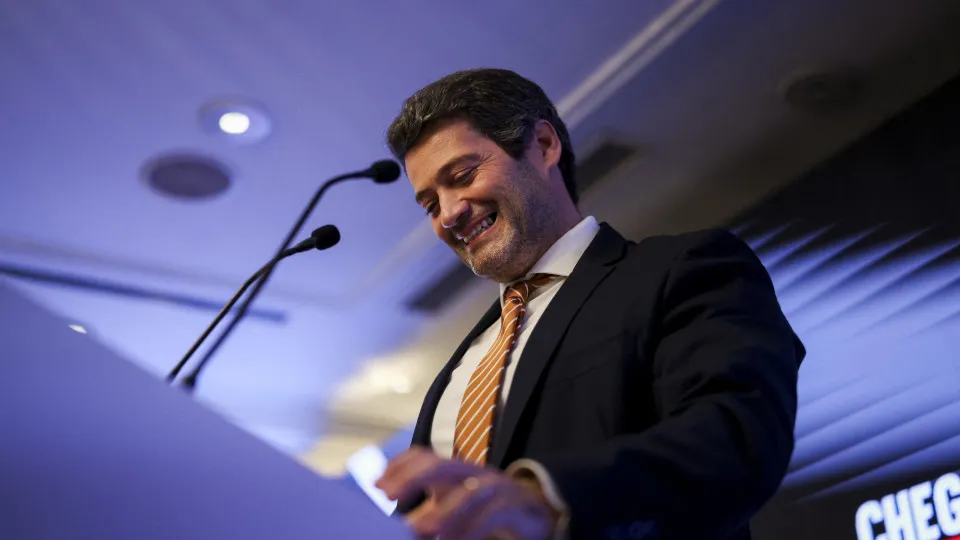
In a 40-minute speech closing the World Tourism Day conference in Tróia, Setúbal district, Marcelo Rebelo de Sousa highlighted Portugal’s significant cultural cohesion as an advantage in the tourism sector.
“We have a language. We have a very homogeneous culture and history. These are advantages that others appreciate. Along with our nature and universalism: our adaptability in the diaspora to all climates, latitudes, and longitudes, and our ability to welcome people from everywhere,” he stated.
Latter in his address, Marcelo Rebelo de Sousa returned to emphasize that demography is the major contextual cost for tourism in Portugal, urging a prioritization of the country’s “cultural cohesion,” a concern shared by various European countries and the United States.
The head of state remarked that tourism, like industry or commerce, “is beneficial for everyone” unless it affects “social and territorial cohesion” and, consequently, one of the “guiding goals” of the tourism sector.
The President pointed out that while Portugal has natural “cultural cohesion,” with “25% of the population over 65,” there’s a segment that struggles with rapid behavioral changes, urging this be accounted for in “tourism policy.”
Although praising the country’s openness economically and socially, Marcelo Rebelo de Sousa noted the “drawbacks” of such traits, like regulating “certain migrations” and the economic impact of purchasing power far above Portuguese levels, citing the increase in Italians, French, Americans, or Canadians in Portugal.
“This has consequences. Look at indicators concerning the cost of housing or land. Everything has its pros and cons,” he explained.
Marcelo sees the country’s tourism evolving at a “dizzying pace,” requiring adaptation and strengthening of infrastructures such as railways and airports, along with improvements in public administration and justice.
The head of state also argued that tourism should not be viewed as “the main engine” of the economy, as this could confront industry, services, and commerce.
He praised the transition from focusing on the number of overnight stays to quality in tourism, advocating better tourism context through investment in training, science, education, health, environmental concern, or sustainability.
Marcelo concluded by urging a mindset change “towards the future” and a daily push for accelerated change, as this is “what Portugal asks” from the sector.
Upon leaving, when questioned about parliamentary negotiations on the foreign nationals law, the President noted he is following the situation and awaits the scheduled vote on Tuesday, refraining from further comment.




